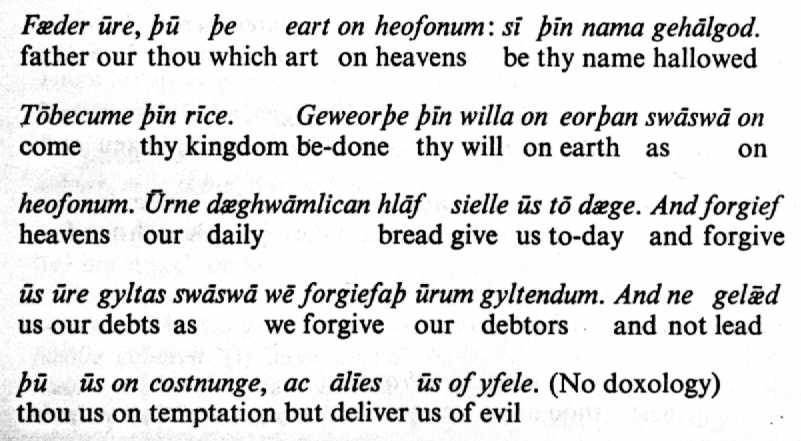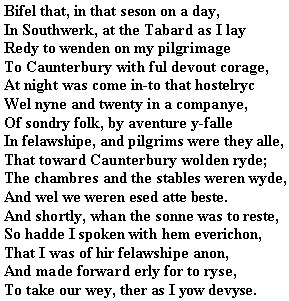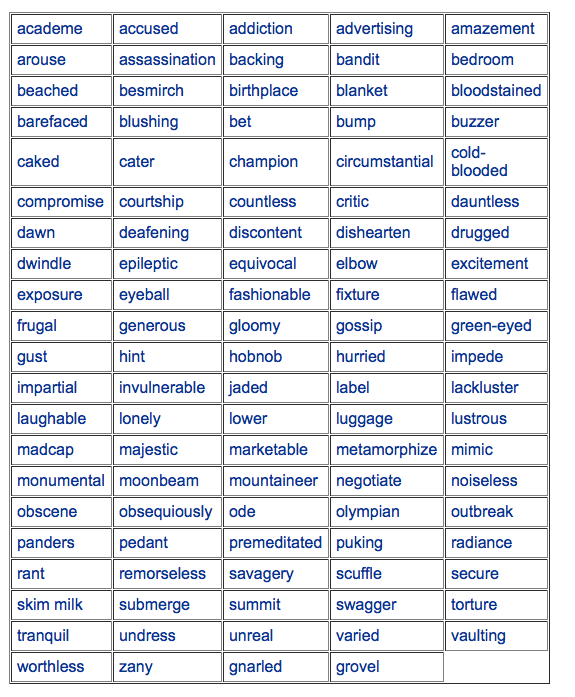Came across this on another site:
“If someone uses the word ‘okay’ in a fantasy story, it immediately takes me out of the story.”
Let me tell you why I use ‘okay’ in my fantasy world, why I think other people should, and why I’m not going to stop just because it annoys you.
“If someone uses the word ‘okay’ in a fantasy story, it immediately takes me out of the story.”
Let me tell you why I use ‘okay’ in my fantasy world, why I think other people should, and why I’m not going to stop just because it annoys you.
We can tackle this from a few angles, depending on the setting of your story. Let’s discuss three:
1. The characters in your fantasy book don’t really speak English*. The book is just a ‘translation’ of whatever they’re actually speaking, which may be a real or invented language.
1. The characters in your fantasy book don’t really speak English*. The book is just a ‘translation’ of whatever they’re actually speaking, which may be a real or invented language.
2. They *are* speaking English, but it’s “medieval”
3. They *are* speaking English, but it’s “different”
*This rant isn’t strictly about the English language. If you’re writing a book in any language, chances are my rant applies, just not for this specific word.
3. They *are* speaking English, but it’s “different”
*This rant isn’t strictly about the English language. If you’re writing a book in any language, chances are my rant applies, just not for this specific word.
So why can’t I use ‘okay’? Because its etymology (which is highly disputed btw, just look at this Wikipedia article!) says it probably originated in the 19th century. That… literally only applies to the real world. https://en.wikipedia.org/wiki/List_of_proposed_etymologies_of_OK">https://en.wikipedia.org/wiki/List...
If your fantasy story takes the first approach (the book is a translation), then what the fuck does it matter what words they use? I would also use ‘okay’ to translate the Japanese word ‘daijoubu’ (within the correct context, of course) and how long has that word existed?
(I don’t know, but if any Japanese etymologists want to chime in, feel free. I’m fairly confident in my guess it’s existed for a decently long time, though). I wouldn’t go crazy with modern slang in a fantasy novel, especially when more standard words exist, but a word
like ‘okay’ is not slang. Not anymore. Maybe in the 19th century it felt like slang, but in modern English, it’s pretty damn standard.
The purpose of a translation is to convey the original intent as closely as possible.
The purpose of a translation is to convey the original intent as closely as possible.
One might argue “instead of saying ‘are you okay?’ you could write ‘are you well?’” But if the characters aren’t speaking English in the first place, what difference does it make? The intent is the same. A modern English-speaking reader will understand both.
Only the most pretentious readers will notice or care and if authors spend too much time worrying about them, they’ll spend all their time researching etymology when they couldn’t be writing their book.
Also, possibly a hot take, but here we go: I think it’s super shitty to expect every fantasy author to be an etymological genius and/or look up EVERY word they use to make sure it’s “correct” to the era they’re writing. If the word feels right to them in the moment, and it’s not
hurting anyone (this rant is NOT about slurs), then just let them use the damn word. Let authors write their books without needing to consult the etymology dictionary every other sentence.
If your fantasy novel takes the second approach, then where do you draw the line at using ‘modern’ terms? If your story is meant to feel ‘medieval,’ what kind of English are you using exactly? Old English? Middle English?
Shakespearean English?? Well, guess what? Shakespeare wasn’t writing in medieval times. The Middle Ages are generally considered to have ended sometime in the mid-16th century and Shakespeare’s plays were in the late-16th/early-17th century. So if your book has language that’s
more ‘modern’ than Shakespeare, it’s automatically not medieval.
Oh yeah, Shakespeare invented new words, changed some words, brought words from Romance languages into English, and did stuff like turning verbs into nouns.
Oh yeah, Shakespeare invented new words, changed some words, brought words from Romance languages into English, and did stuff like turning verbs into nouns.
If your fantasy story takes the third approach (they speak English, but it’s different) (oh hey, look, it’s what I do!), then you can invent/change etymology to fit your needs. Let’s take one proposed etymology of the word ‘okay’: initials of ‘oll korrect.’ If people in the real
world can take the words “oll korrect” and abbreviate it to OK in the mid-1800s, what is stopping my fantasy-world people from taking the words “oll korrect” and abbreviating them about two hundred years ago? Y’know, like what my fantasy-people did?
So if the word ‘okay’ bothers you, what do you propose fantasy authors do? Invent an entirely new language just for their book? Use a form of English no one uses anymore which would render their books completely unreadable to modern audiences?
Cherry pick which words to use based on *your* arbitrary judgment?
Books need to be readable. I don’t care if your book is 100% historically accurate, if it’s a chore to read, I’m not going to read it.
Books need to be readable. I don’t care if your book is 100% historically accurate, if it’s a chore to read, I’m not going to read it.
When we write books that occur in a time or place that’s not identical to where we live now, liberties have to be taken in regards to language unless you want your story to only be read by three linguists. The word ‘okay’ is okay. It’s not going to hurt you.
And if ‘okay’ takes you out of a medieval-themed fantasy novel, but ‘bandit’, ‘obscene’, and ‘frugal’ don’t, you’re a fucking hypocrite.

 Read on Twitter
Read on Twitter




